The target is more ambitious than the Royal BAM Group’s aim to reduce its direct emissions intensity by 80% by 2026 from 2015 levels.
BAM is ruling out counting electricity from green energy tariffs towards its net zero emissions and said it would not be relying heavily on carbon offsets.
John Wilkinson, chief operating officer of BAM UK & Ireland, said: “We have chosen to accelerate our progress – and we are not fooled that we will be alone.
“The whole industry needs to challenge itself, work together, and assist its clients and supply chain to make faster progress too.
“There is no room for or advantage in disguising or hiding performance. Vague data is useless, so science-based, transparent information and a healthy dose of honesty are part of the medicine.
“The other red herring is offsetting. We cannot rely on planting trees elsewhere in the world to cover up our own emissions. Although these have a role to play in the short term, we must drive these down ourselves and face up to our responsibilities.
“I believe BAM is now firmly at the forefront of our industry but it is the sort of arms race we need to collectively bring about change and decarbonise our environment.”
There is also another crucial difference to most other net zero commitments concerning the scope 2 emissions arising from electricity use.
The UK & Ireland operations commitment encompasses not just direct scope 1 and scope 2 emissions associated with fuels and energy use, but also select scope 3 emissions, going further than most net zero carbon targets in the sector.
BAM’s scope 3 emissions include water consumption, staff transport, emissions arising from using hotels, emissions from third-party fuel and energy use.
The firm’s Carbon Reduction Lead, Sarah Jolliffe, added: “We are on a journey here – we have already reduced our emissions intensity by 20% this year compared to the same period last year, mitigating the release of 7 kilotons of carbon.
“We have worked with the Carbon Trust on measuring scope 3 emissions and our FM business has helped pioneer Scope 3 measurement in the facilities management sector.
“The data baseline this has created and our investment in data collection and analysis is a key enabler in confidently setting this new demanding 2026 target.”

.gif)











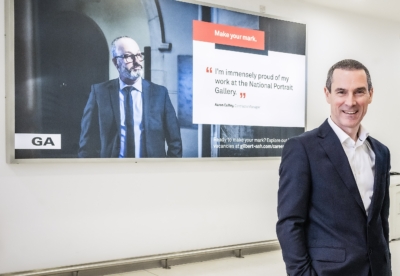




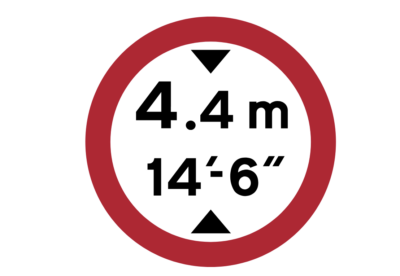


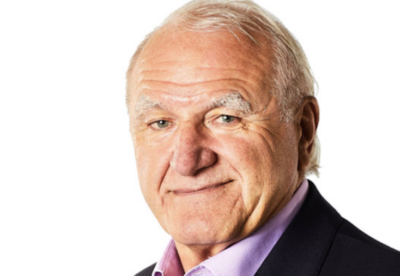



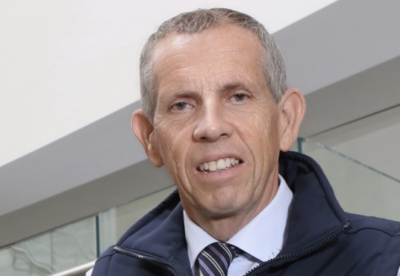



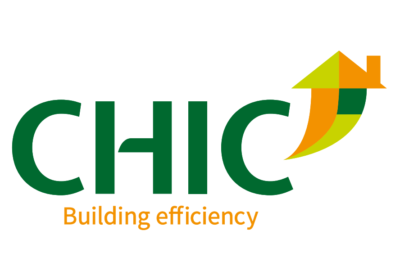

 (300 x 250 px).jpg)
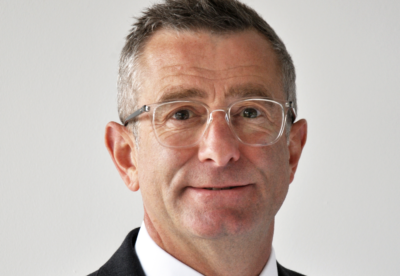






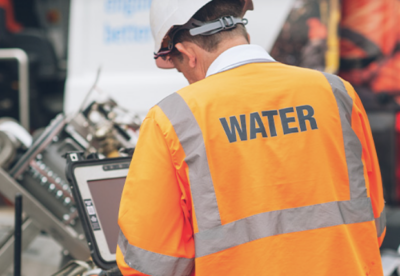


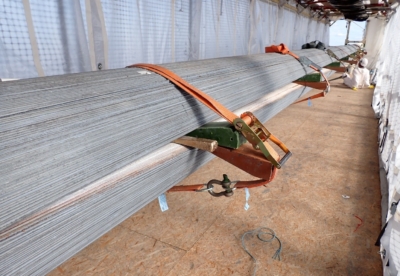









.gif)




